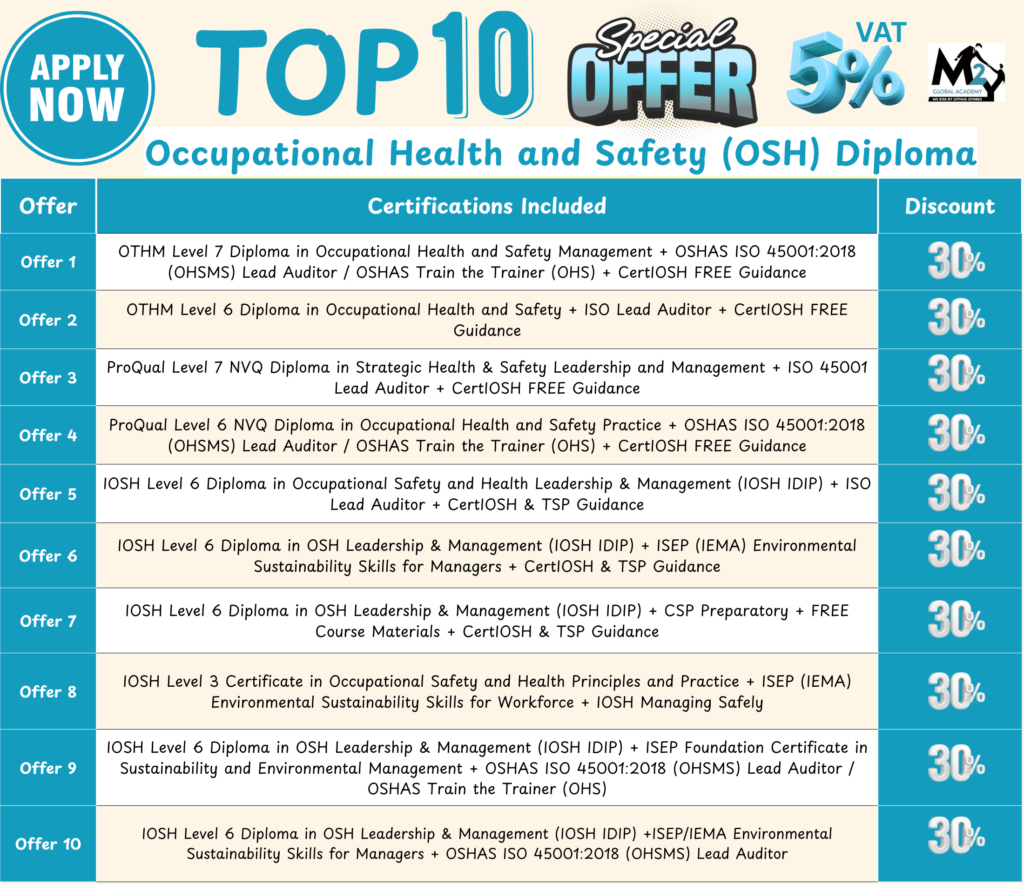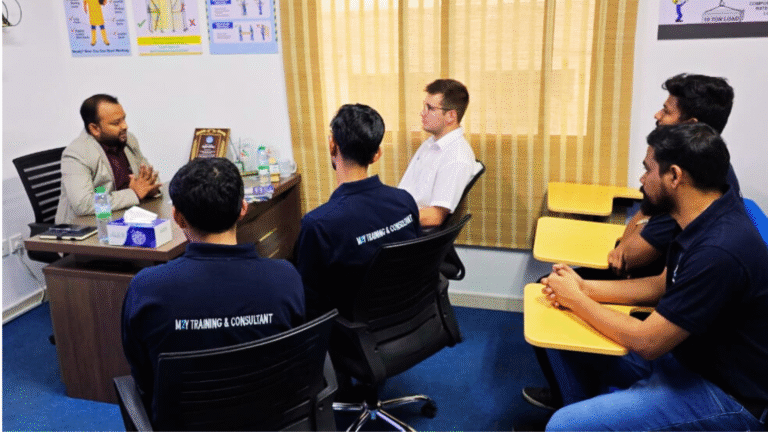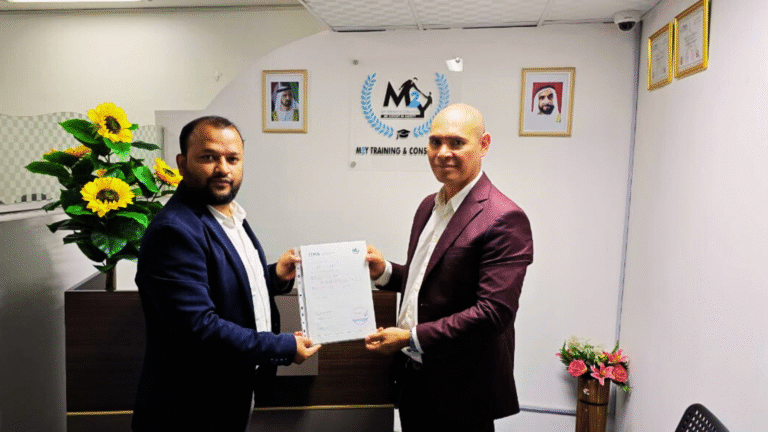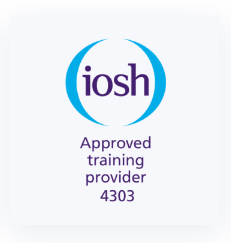ISO Auditor Certification
A Complete Guide to Becoming a Certified Auditor
In today’s competitive global marketplace, quality, safety, and environmental standards matter more than ever. Whether you’re a working professional aiming to specialize in compliance or a recent graduate looking to gain a foothold in the field, ISO Auditor Certification opens doors to rewarding career paths across industries.
But what exactly does it mean to be an ISO-certified auditor? How can you become one? What’s the real value in the job market?
Let’s break it all down in this clear, experience-driven guide.
Why ISO Auditor Certification Matters in the Real World
Imagine a manufacturing company producing safety equipment. Even a minor quality flaw could cost lives. That’s where ISO standards—and certified auditors—come in.
ISO (International Organization for Standardization) develops globally recognized standards like:
ISO 9001 – Quality Management
ISO 14001 – Environmental Management
ISO 45001 – Occupational Health & Safety
ISO 27001 – Information Security
Organizations that adhere to these standards need trained auditors to assess compliance and recommend improvements. ISO Auditor Certification ensures you have the expertise to lead or participate in these audits professionally and confidently.
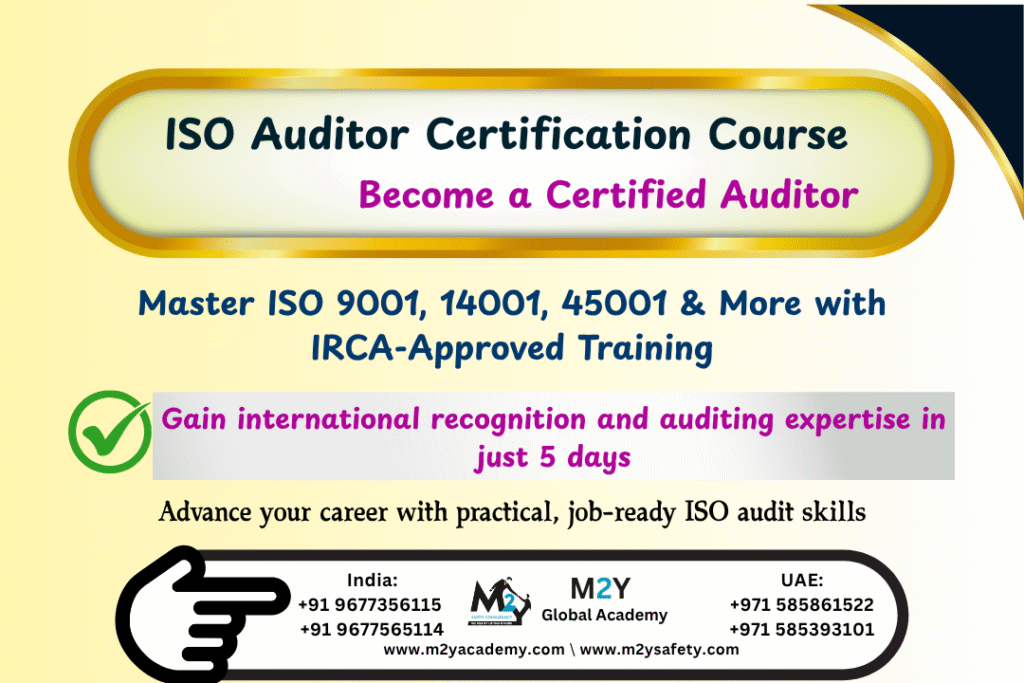
What Is ISO Auditor Certification?
ISO Auditor Certification is a professional qualification that verifies your ability to conduct audits according to a specific ISO standard. It typically comes in two forms:
Internal Auditor Certification – For conducting internal audits within an organization
Lead Auditor Certification – For conducting external (third-party) audits, often for certification bodies
Both require training in audit principles, documentation review, process evaluation, and reporting skills.
Course Overview: What You'll Learn
Whether you choose ISO 9001, 14001, or 45001, the course generally includes:
Introduction to ISO management system standards
Understanding clauses and requirements
Audit planning and scheduling
Conducting audit interviews and site visits
Writing audit reports and corrective action tracking
Soft skills: communication, observation, objectivity
Most Lead Auditor courses run for 4 to 5 days and include a final examination. Internal Auditor courses are shorter—typically 2 to 3 days.
Who Should Take ISO Auditor Training?
You don’t need to be from a specific background, but the course is particularly useful for:
Quality/Safety/Environmental Managers
Compliance Officers
Management System Consultants
Engineering/Production Supervisors
Recent graduates with science, engineering, or management degrees
It’s also ideal for professionals who want to switch to auditing, inspection, or regulatory roles in manufacturing, construction, oil and gas, healthcare, or IT.
Career Benefits of Becoming a Certified ISO Auditor
Here’s what you can expect after certification:
✅ Global Job Opportunities – Auditing skills are needed worldwide
✅ Higher Salary Potential – ISO auditors earn more than general compliance staff
✅ Consulting Freedom – Become a freelance auditor for certification bodies
✅ Industry Recognition – Accreditation from IRCA or Exemplar Global adds credibility
✅ Career Progression – Step toward senior roles like QHSE Manager or Compliance Director
According to PayScale, ISO Lead Auditors in the UAE and India earn 20–40% more than general quality control roles.
Trusted Providers of ISO Auditor Training
Look for IRCA-approved or Exemplar Global-accredited training providers for international recognition.
M2Y Global Academy, for instance, offers ISO Lead Auditor courses with practical case studies, expert trainers, and real audit simulations—perfect for both beginners and professionals.
Visit M2Y Global Academy to learn more or enroll.
How ISO Auditors Work in the Real World – A Case Insight
Let’s say you’re a certified ISO 14001 Lead Auditor. A global energy company hires you to evaluate its environmental impact practices. You review documentation, assess waste management on-site, and suggest compliance improvements.
Your report not only helps the company stay certified but also reduces its carbon footprint. That’s real-world impact.
Steps to Get ISO Auditor Certified
Choose your ISO standard (9001, 14001, 45001, etc.)
Select a recognized training provider (IRCA or Exemplar Global preferred)
Complete the training course (2–5 days, depending on course type)
Pass the final exam and assessment
Receive your certificate and start auditing!
Optional: Gain audit experience under supervision to become a registered Lead Auditor with IRCA or similar bodies.
Key Differences: Internal vs Lead Auditor
| Feature | Internal Auditor | Lead Auditor |
|---|---|---|
| Audit Scope | Internal only | Internal & external |
| Duration | 2–3 days | 5 days |
| Exam/Assessment | Usually practical | Written + practical |
| Ideal For | Company employees | Consultants, freelancers |
| Career Reach | Limited | Broad, international |
Expert Tips for Success in ISO Auditor Roles
Develop attention to detail – Small documentation gaps can have major impacts.
Master communication – Auditors need to ask clear, objective questions.
Stay updated – ISO standards are revised regularly.
Practice auditing – Apply skills in mock audits before going live.
Document everything – Your report is the official audit trail.
✅ FAQs – ISO Auditor Certification
ISO Auditor Certification qualifies professionals to audit organizations for compliance with international ISO standards, such as ISO 9001, ISO 14001, and ISO 45001.
This certification is ideal for quality managers, safety officers, internal auditors, consultants, and professionals seeking to advance in compliance and auditing roles.
There are various types, including Internal Auditor, Lead Auditor, and Third-Party Auditor certifications for specific ISO standards (e.g., ISO 9001, ISO 14001, ISO 45001).
Yes, ISO Auditor Certifications accredited by bodies like CQI-IRCA or Exemplar Global are globally recognized and accepted by employers and regulatory authorities.
Final Thoughts: Is ISO Auditor Certification Worth It?
Absolutely—if you want to stand out in compliance, quality, safety, or sustainability roles, ISO Auditor Certification is a high-ROI move. It adds authority to your profile, expands your job opportunities globally, and empowers you to make measurable impacts in organizations.
👉 Ready to Start?
M2Y Global Academy offers ISO Lead Auditor courses in ISO 9001, ISO 14001, and ISO 45001, available both online and in-person. Expert tutors. Real-world training. Recognized worldwide.
📞 Contact us today for a free consultation or visit m2yacademy.com to register.












